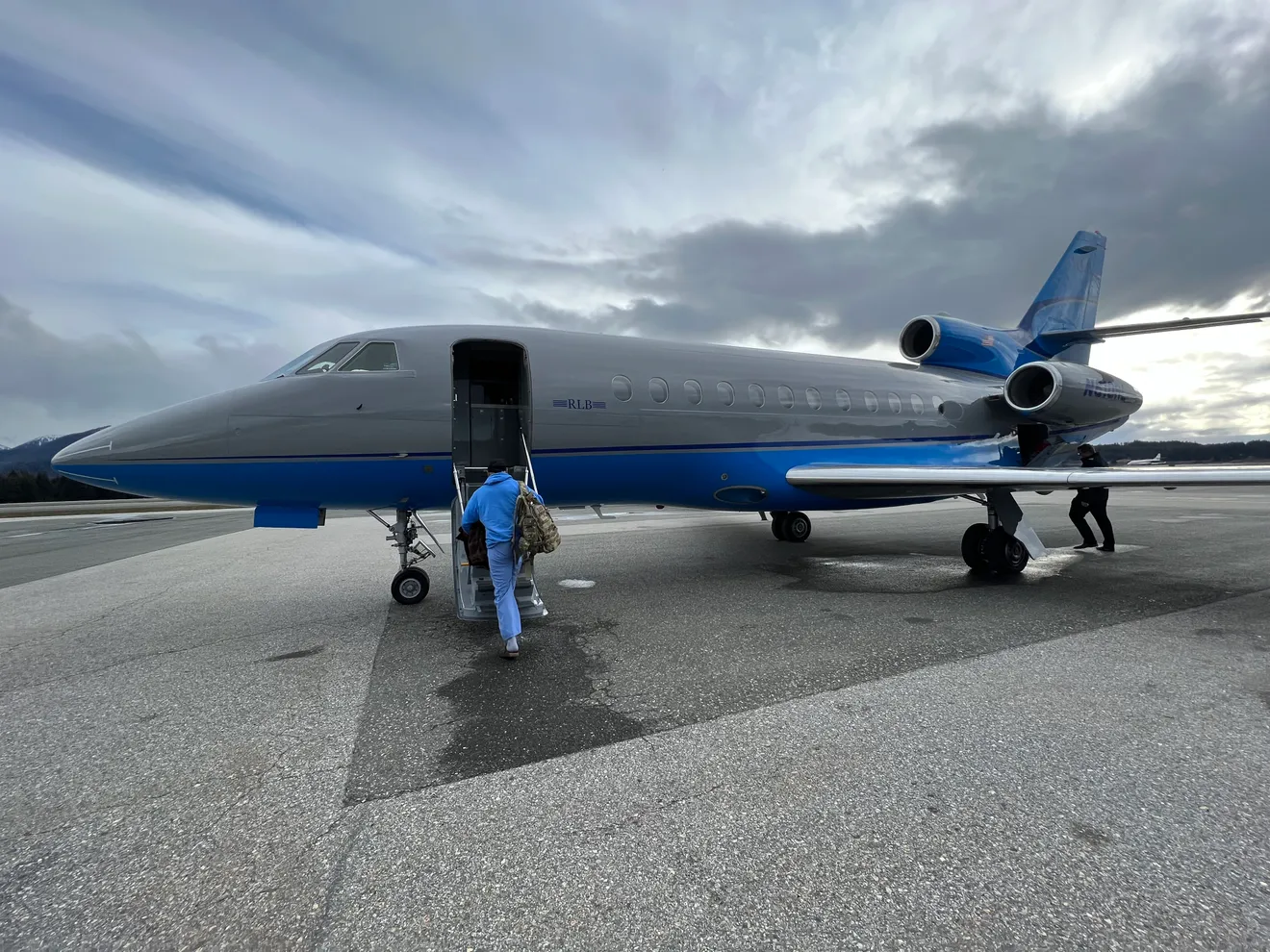Dr. Joseph Rubelowsky felt as if he had just robbed a bank.
Still in his scrubs, he boarded the Falcon 900 jet, sat down and glanced over at the white cooling contraption that held the day’s loot. Strapped to the aircraft floor, it looked like a normal carry-on suitcase.
But what the cooler carried was far from normal – and more precious than money or gold. It was a human heart.
Rubelowsky, a surgeon for Transplant Advocates, had just procured a healthy heart in Juneau, Alaska, and was on his way to Boston to hand-deliver the organ to surgeons at Massachusetts General Hospital, who hoped the heart would still be viable for their patient.
At a record-breaking 2,506 miles, the trip in late April is the farthest a human heart had ever traveled, according to Paragonix Technologies, an organ preservation provider that created the cooling system in which the heart was transported.
“This is probably twice as far as we’ve ever gone for a heart that we didn’t put on a perfusion system,” said Dr. David D’Alessandro, cardiac surgeon and surgical director of heart transplantation at Massachusetts General Hospital.
‘The dose is the poison’
A transplant team typically wants to keep the heart’s cold ischemic time – or the time an organ is out of the body before transplanted into a recipient – between four and six hours.
See full Article




